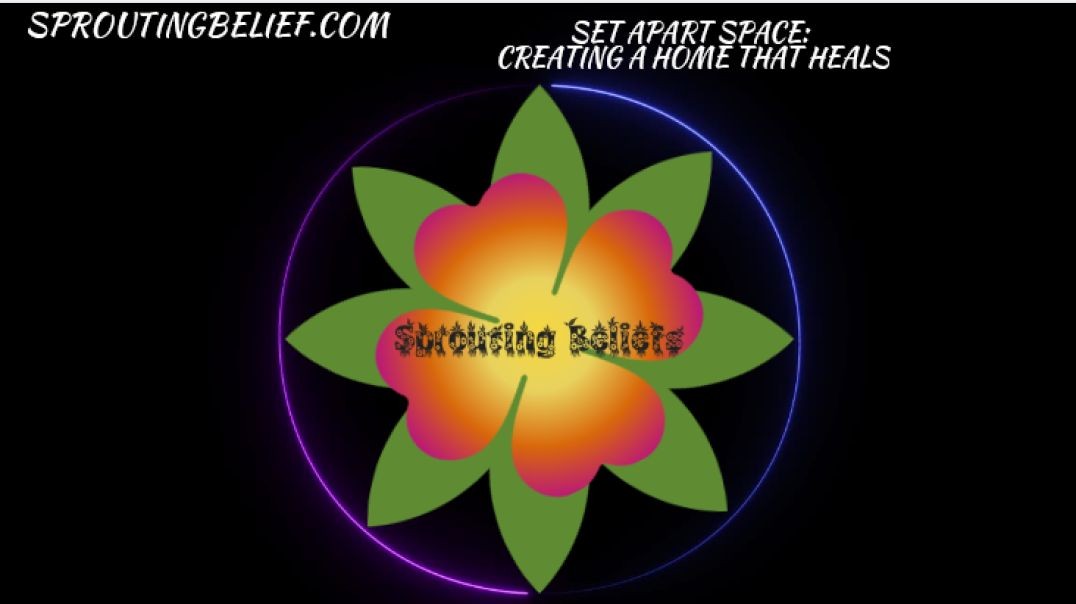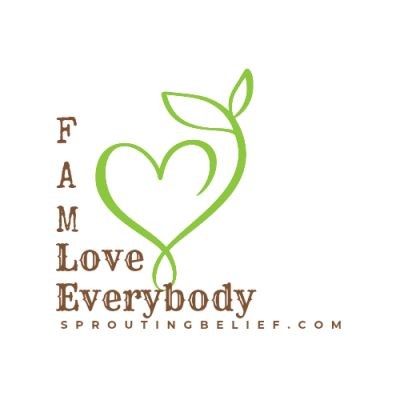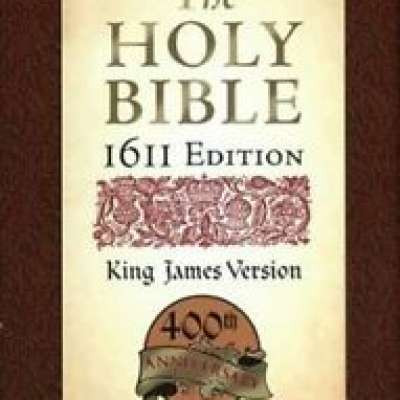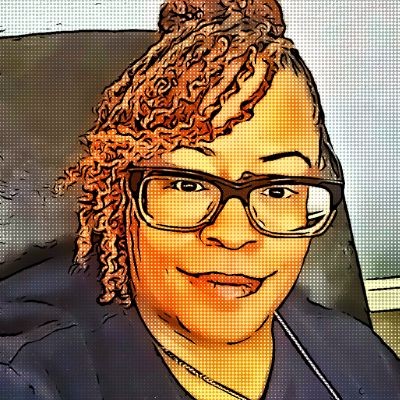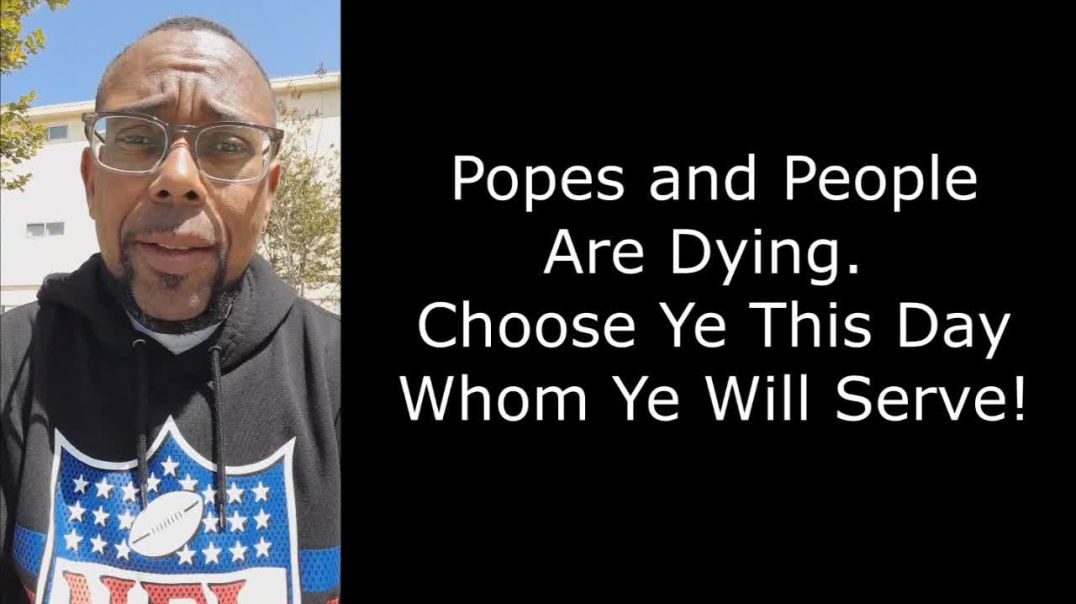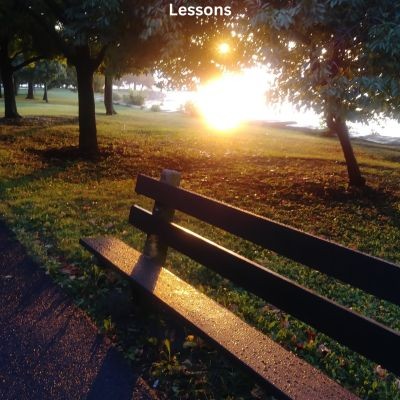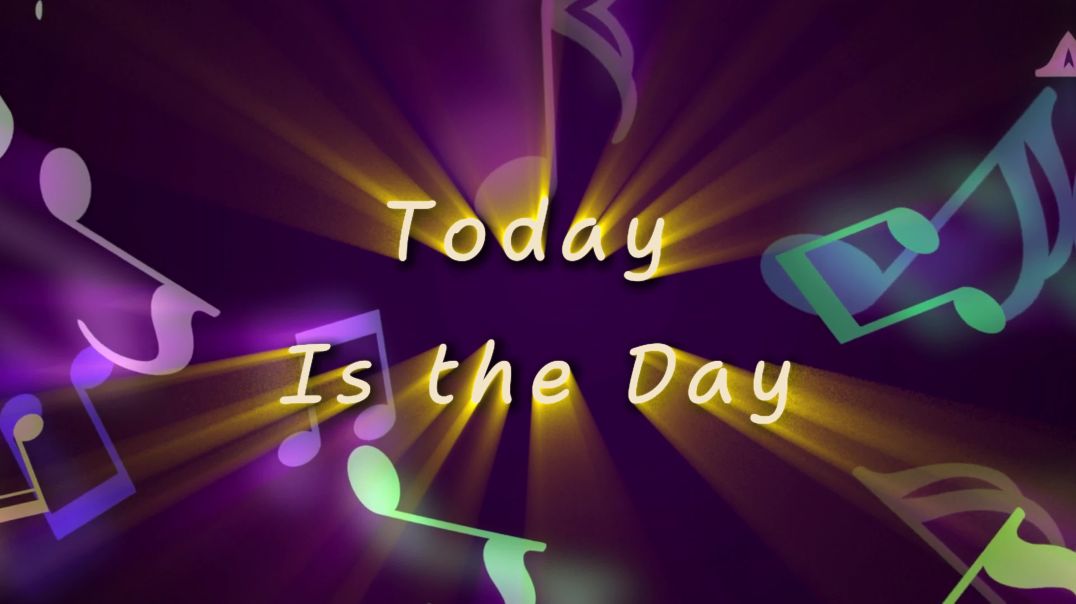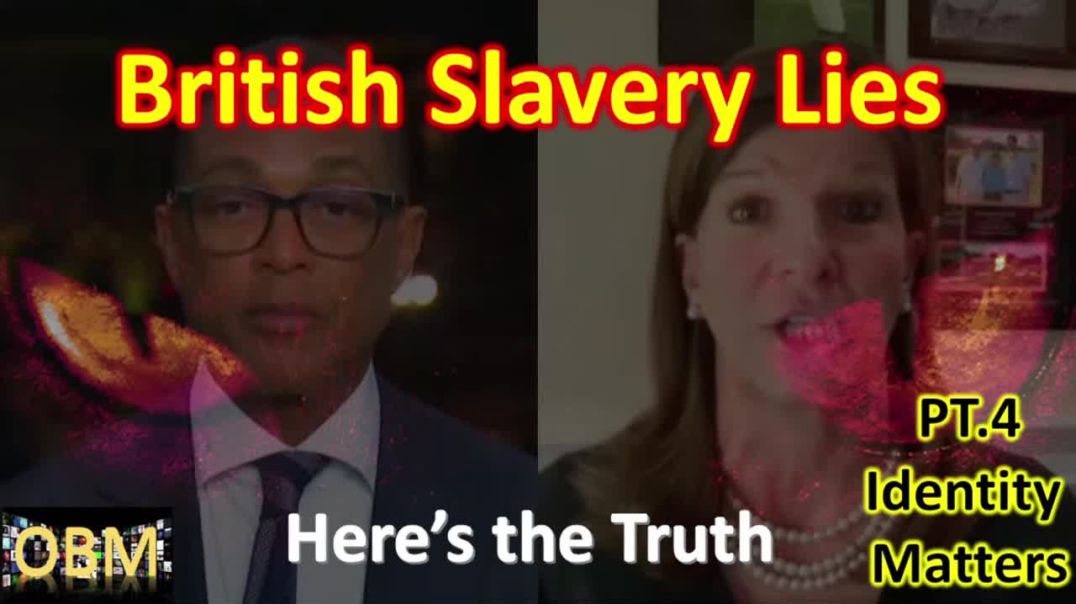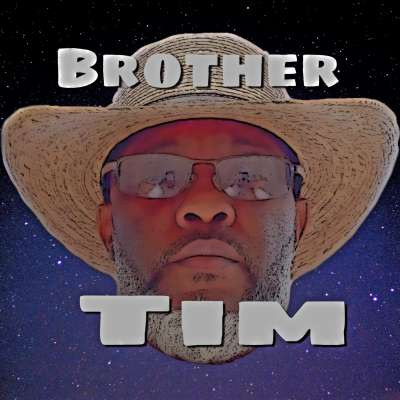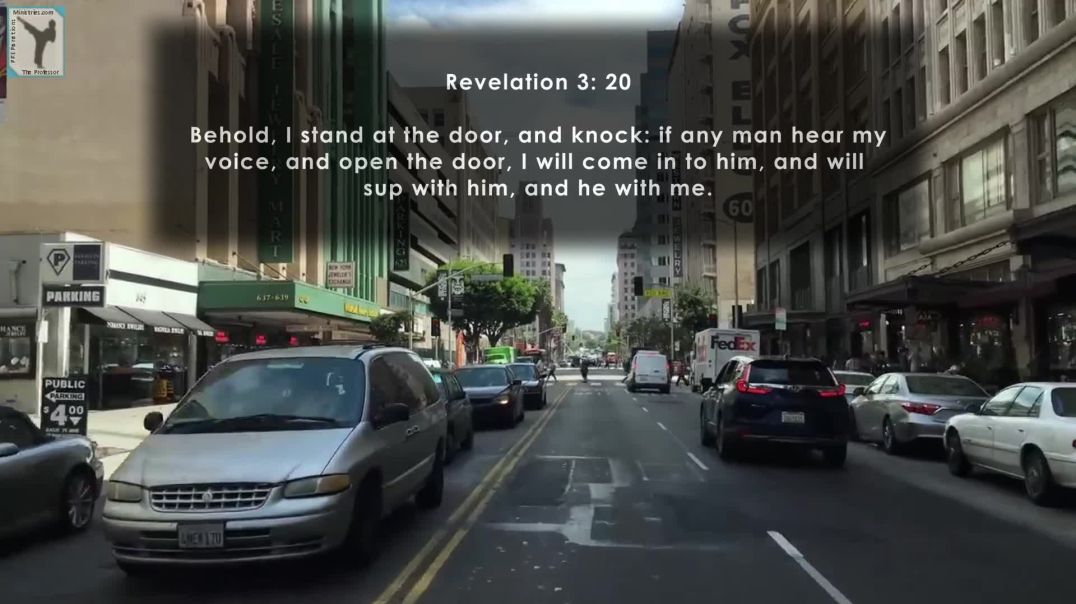UPDATE! Version 1 of our iOS HCTV App is close to being released, and we're allowing a limited number of users a sneak peak this month of December! Please email us at info@hebrewconnect.tv if you would like Pre-Release access!
Top Videos

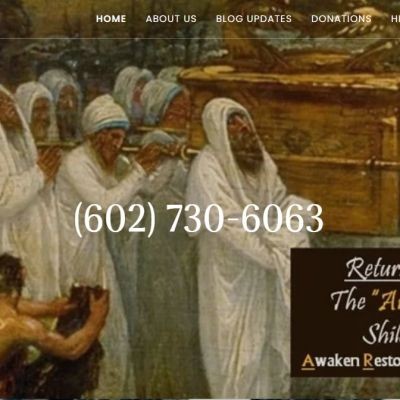
Have you heard the phrases, "The Old Testament Or The Law Is Done Away?" This is a great misconception and theological error! We invite you to join us as we unequivocally demonstrate that most of the New Testament writings are actual discussions of the Old Testament.We believe these lessons will help you see their eternal connections and validity.
Find more lessons at:
www.houseofshiloh.org

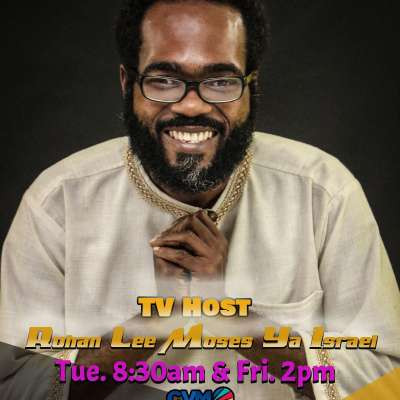
I Am Health Corner and Restaurant - locationI Am Health Corner and RestaurantShop 6&7 (2nd floor) Caledonia Mall Complex, Mandeville, Manchester, Jamaica. W.I.Phone/whatsapp: 1-876-355-0210Produced by I Am Market Place www.iamthatiammarketplace.com/....proudctsiamthatiamma

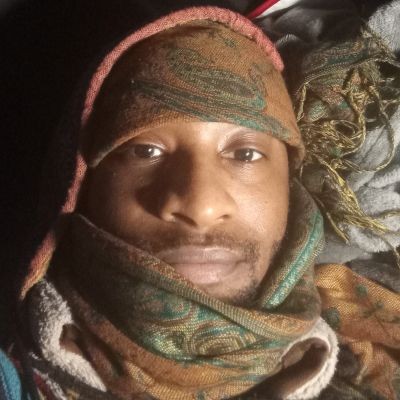
Artist:AhdaiYah
Album: Eternal
Song: Praise Yah Forever
This CD is awesome I love every song off of it...
Check it out
http://www.royalkingdomproductions.com/
The images may not go with the song, but I'm still learning this utube thing.
Shalom Dear one, Enjoy!!
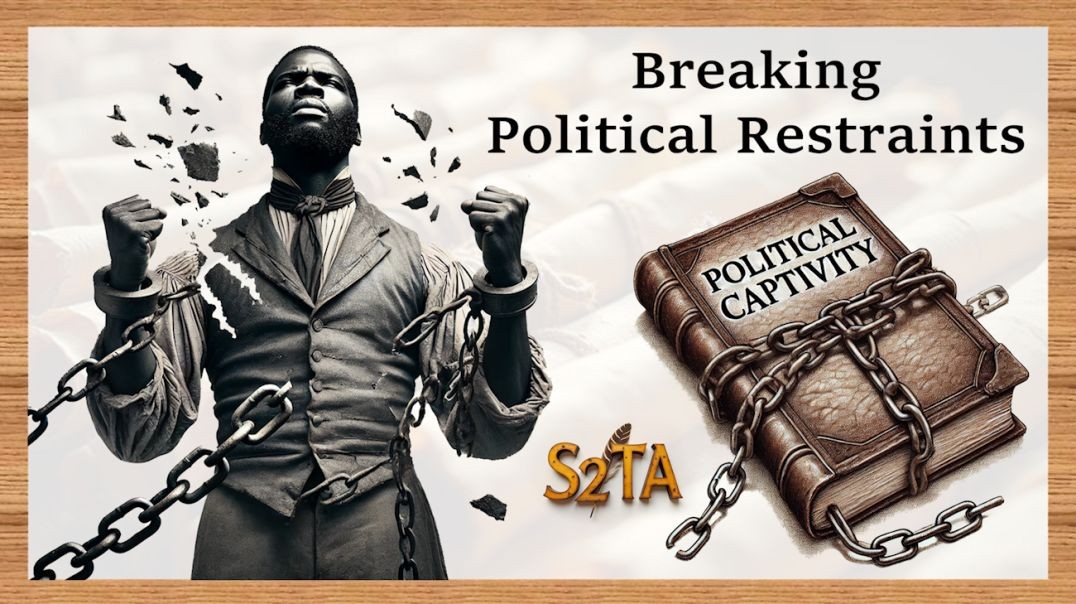
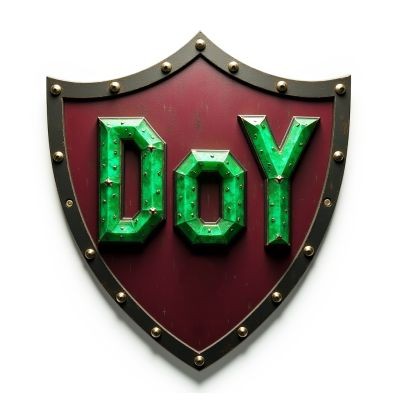
Let My People Go! Did Christians ever view the negro as a tradable asset? Or, is the negro just considered political pawns, assets, or capital today? Do politicians only cater to the negro during election seasons? Do businessmen only see the negro as a commodity? Has the oppressor ever truly let our people go?
Website: https://DisciplesOfYahawashi.org/
Email: Feedback@DisciplesOfYahawashi.org
Episode 7
Table of Contents
00:00 Something 2 Think About Opening Question and Video
02:43 Administrative Announcements
04:52 Recap of Previous Video Presentations
07:24 All Praises To The Most-High Video
08:52 Start of Today's Presentation
10:37 Business & Economics
17:35 Educational Institutions During Slavery
19:57 United States Presidents Slave Owners
25:11 United States Congress Slave Owners
35:18 The Society - Political and Business Leaders
45:09 The Cause of Wars in Africa
57:57 Summary
01:02:13 Conclusion
01:06:55 Highlight Video of Today's Presentation
01:07:45 Disciples of Yahawashi Social Media Video
01:08:06 Disciples of Yahawashi Donation Video
01:08:46 Something 2 Think About Closing Video
Donations:
CashApp: $ThaBruthaz
CashApp: https://cash.app/$ThaBruthaz
PayPal: Donations@DisciplesOfYahawashi.org
PayPal: https://www.paypal.com/biz/pro....file/DisciplesOfYaha
Venmo, Credit or Debit: https://www.paypal.com/ncp/payment/BRNJQLUPG2W86
IGNORE TAGS
#DoYEpisode7
#S2TAEpisode7
#DoY
#DisciplesOfYahawashi
#S2TA
#Something2ThinkAbout
#ThaBruthaz
#BruthaMike
#BruthaMitch
#Israel
#Israelite
#HebrewIsraelite
#Christian
#ChristianityAndTheCanon
#TheGreatestLie
#NegroBible
#SlaveBible
#NegroSlaveBible
#IsraeliteCaptivity
#PoliticalPrisoner
#PoliticalCaptivity
#PoliticalBondage
#SpiritualBondage
#SpiritualCaptivity
#ReligiousPrisoner
#ReligiousPersecution
#ReligiousCaptivity
#ReligiousIndoctrination
#LetMyPeopleGo
#NegroIndoctrination
#Indoctrination
#Theocracy2Religion
#IsraelitesToChristians
#FromIsraelites2Christians
#Israelites2Christians
#IsraeliteToChristian
#FromIsraelite2Christian
#Israelite2Christian
#I2C
#TheGreatestLie
#Israelites2Negros
#FromHebrewsToChristians
#HebrewsToChristians
#FromHebrews2Christians
#Hebrews2Christians
#H2C
#Not4Israel
#ScrollsToCanon
#ScrollsToBible
#ScrollsToBibles
#Scrolls2Canon
#Scrolls2Bible
#Scrolls2Bibles
#S2C
#s2b
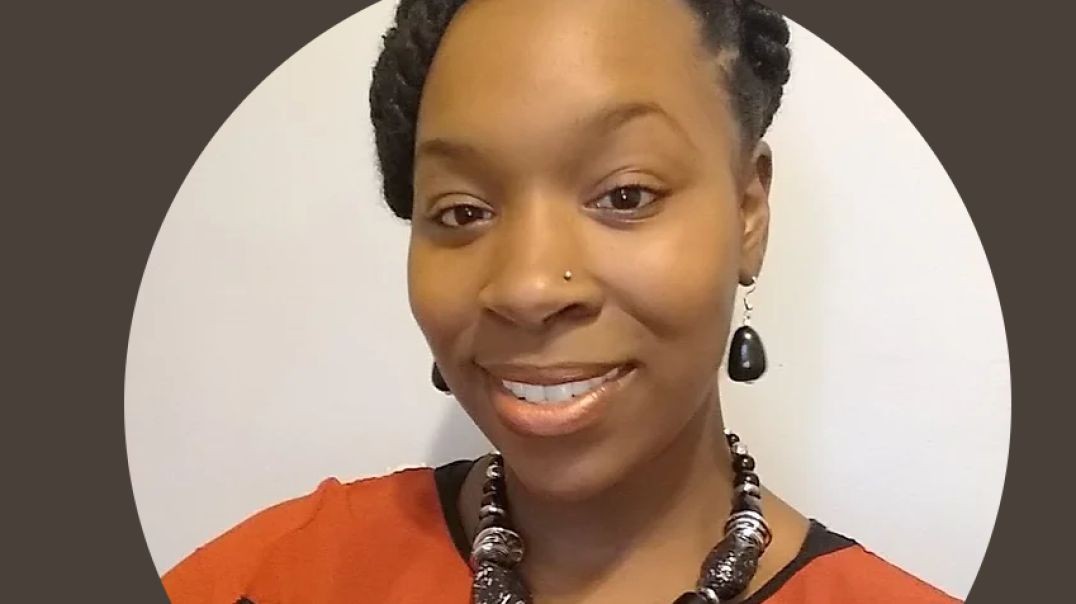
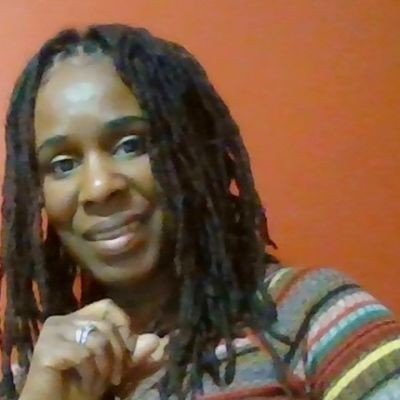
Take a moment to watch this 1 minute and 8 second introduction to
Banaytha Botanicals
find Banaytha Botanicals by visiting:
www.banathyabotanicals.com
www.hebrewconnect.com
www.yahsapprovedapparel.com
Meet and get to know the owner in a 2 part video intervew.
This sister is doing alot!

